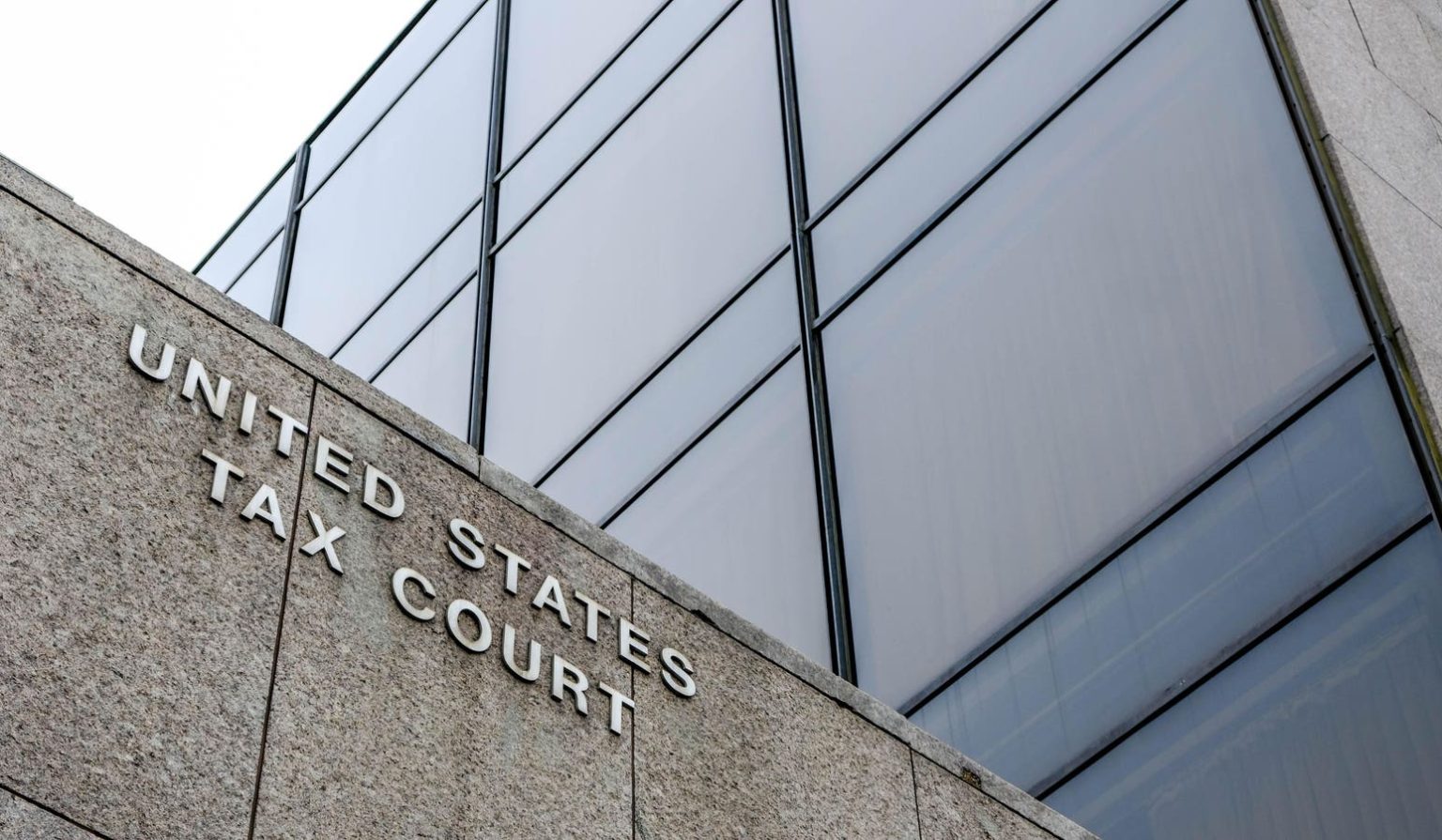In a recent tax case, SN Worthington Holdings LLC v. Comm’r, 162 T.C. No. 10, the Tax Court granted a partnership’s motion to dismiss on procedural grounds. The partnership had made an election to have its audit conducted under the new Bipartisan Budget Act of 2015 (BBA) partnership audit rules, but the IRS examined it under the old Tax Equity and Fiscal Responsibility Act of 1982 (TEFRA) rules. The partnership sought to have the case dismissed, arguing that the IRS should have recognized their election under the BBA rules.
To understand the dispute, it is important to know the differences between TEFRA and the BBA partnership audit rules. TEFRA, passed in 1982, allowed the IRS to conduct partnership audits and make adjustments at the partnership level, while the BBA rules, enacted in 2015, introduced imputed underpayments and changed audit procedures. Partnerships could elect into the BBA rules early, but they did not become mandatory until the 2018 tax year.
SN Worthington filed a 2016 tax return and made a timely election to have the BBA rules apply to its audit, representing that it had sufficient assets to pay an imputed underpayment. However, the IRS determined that the partnership did not have enough assets and proceeded with the examination under TEFRA rules. SN Worthington raised the issue during the examination, but the IRS ignored it and issued a Final Partnership Administrative Adjustment (FPAA) under the TEFRA rules, prompting the partnership to file a motion to dismiss.
The Tax Court ruled in favor of SN Worthington, finding that their BBA election was valid based on their compliance with the regulatory requirement. The court rejected the IRS’ argument that the partnership needed to demonstrate its ability to pay the imputed underpayment, stating that the representation made in the election was sufficient. The court also noted that the BBA allowed the IRS to pursue partners if the partnership could not pay the imputed underpayment, and any mistakes in the election were attributed to the IRS.
This case highlights the importance of procedural arguments in tax disputes, especially with new and evolving rules like the BBA partnership audit rules. Taxpayers should be aware of potential procedural disputes in the future and ensure compliance with regulatory requirements to avoid issues with the IRS. Overall, the decision in SN Worthington Holdings, LLC demonstrates that procedure can sometimes be the key to winning a tax case.


